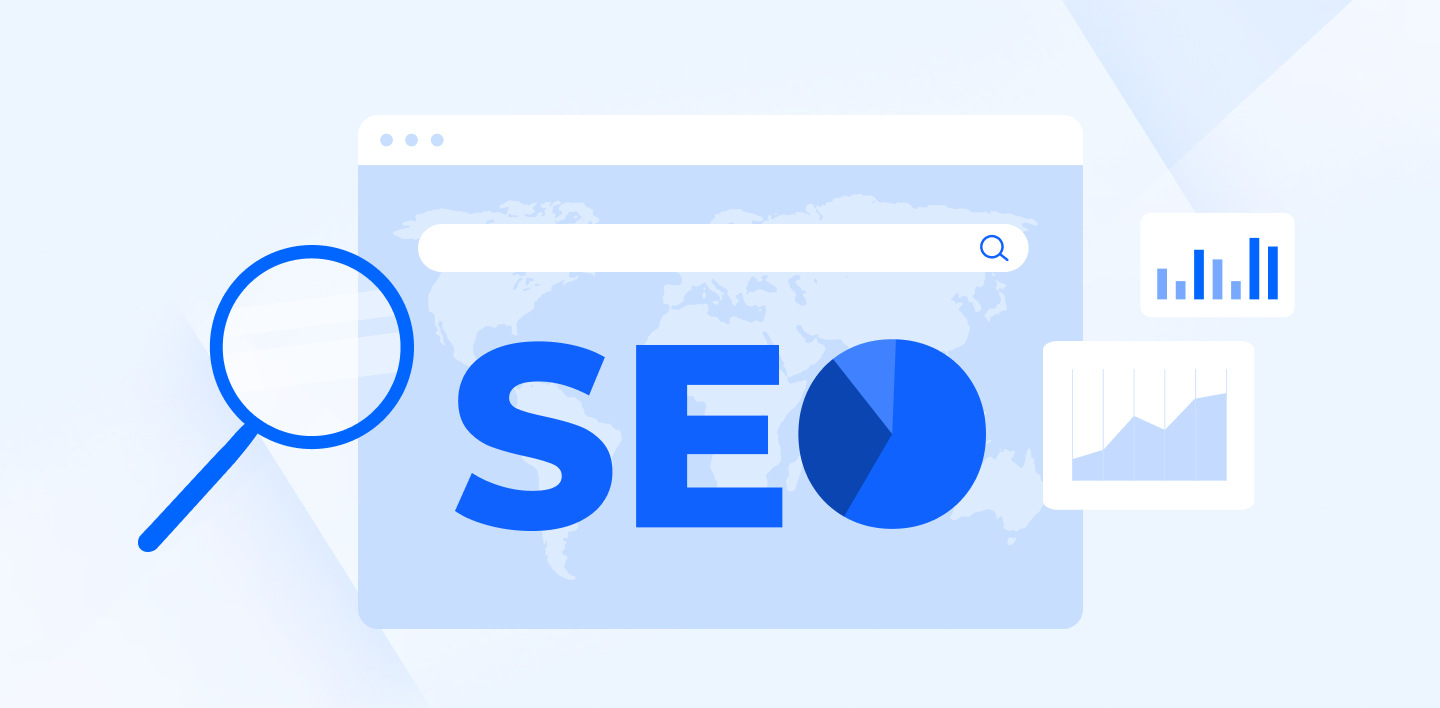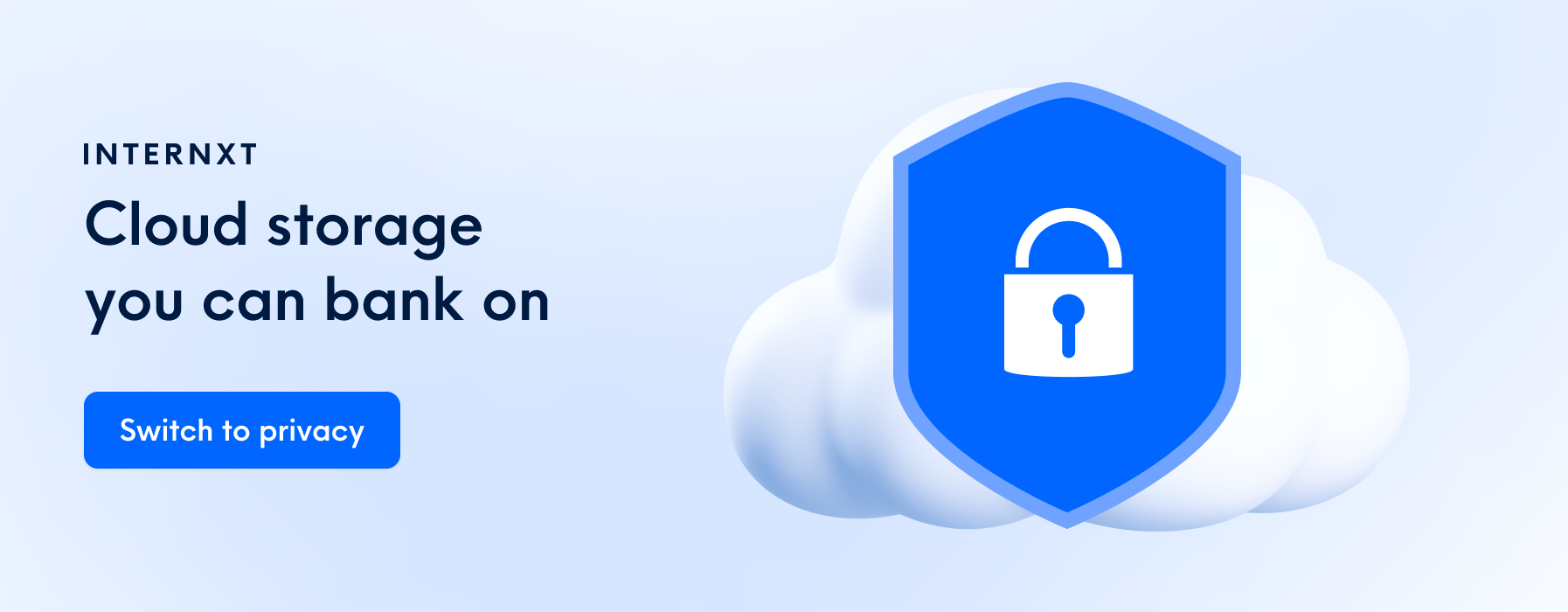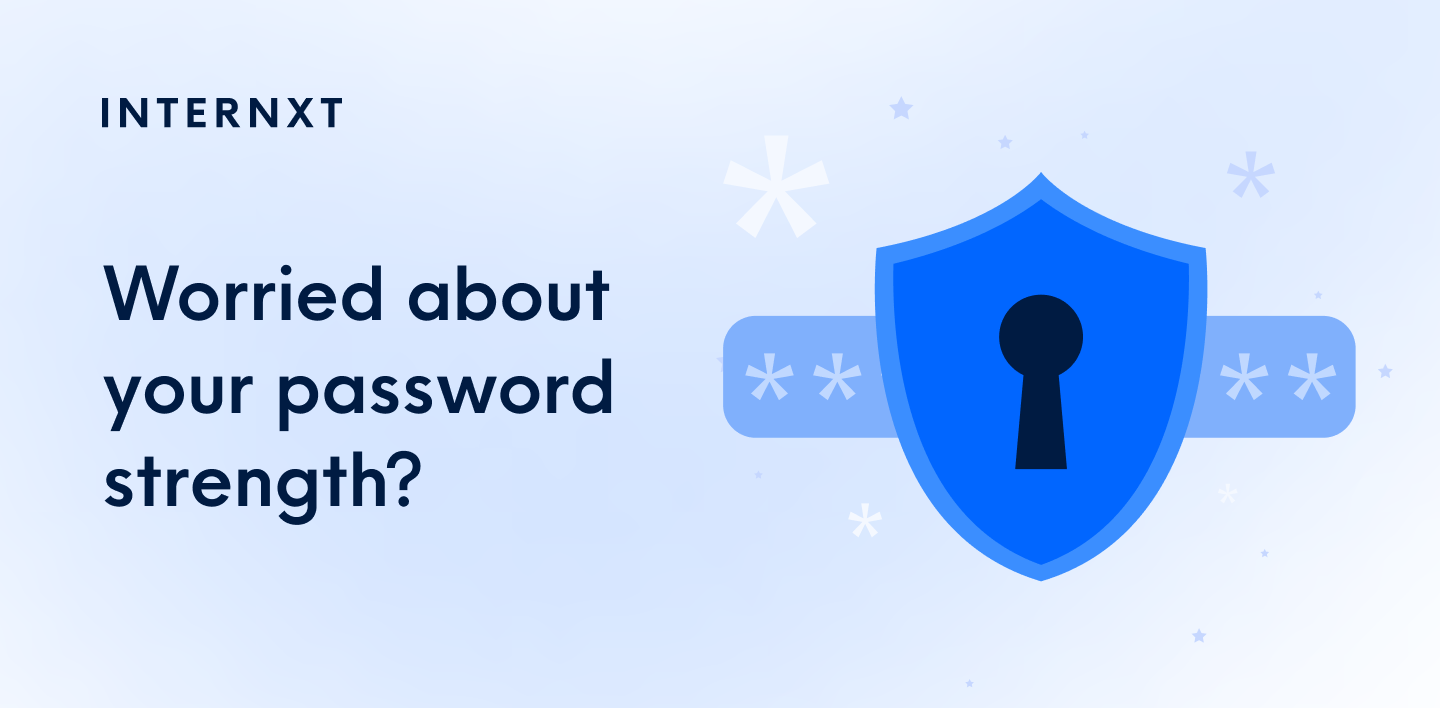6 Reasons Cyber Security Is Important for SEO

In today’s digital landscape, the importance of cyber security cannot be overstated. With the ever-increasing frequency of cyber threats, protecting sensitive data has become a priority for individuals and businesses.
In search engine optimization (SEO), cyber security is also important. Google and users are more likely to trust websites that provide measures against common cyber security threats. Therefore, website owners with proper security systems can expect higher Google rankings.
But why is this? Continue reading to find out the six reasons cyber security is important for effective SEO.
Cyber Security Ensures Data Protection
Cyber security is crucial to SEO because Google wants to protect users’ data. Websites store vast amounts of sensitive information, including customer data, login credentials, and proprietary business data. A cyber attack by hackers can compromise this data, leading to severe consequences like financial loss or identity theft.
Protecting client data is essential to maintaining trust and credibility for businesses offering local SEO services. When a local business relies on SEO to attract customers, ensuring its website's security enhances its rankings and reputation in the community.
So, if you want to increase your chances of your website ranking high, you have to ensure that all visitors’ data is safe.
Cyber security also plays an important role in safeguarding intellectual property, making it critical to SEO.
Cyber attacks can lead to data theft and the misuse or unauthorized reproduction of creative works, brand infringement, or loss of competitive advantage. If Google sees duplicate content issues, it can mistakenly penalize your website for plagiarism.
This can be harmful to content marketing efforts, whether you’re implementing retail or SaaS content production strategies that are crucial to businesses' online presence. Ultimately, this can affect SEO negatively.
By implementing robust cyber security measures, such as firewalls, encryption protocols, and secure authentication methods, websites can safeguard consumer data from unauthorized access.
You should also switch to an HTTPS protocol since Google favors this, even if you won’t get penalized for using HTTP. HTTPS is a security protocol that authenticates a website’s identity and encrypts the connection between server and browser.
You can achieve a safe HTTPS connection by installing an SSL certificate. You won’t need help from cyber security professionals if you get a website hosting provider that already includes SSL certificates in its services.
It Helps You Avoid Search Engine Blacklisting
Search engine blacklisting can have a detrimental impact on a website’s SEO efforts. When a website gets blacklisted, it is removed from search engine results, making it invisible to potential visitors.
Here’s where the importance of cyber security for SEO comes in.
Blacklisting can happen when search engines identify a website as malicious or engaging in spammy tactics. Google can classify you as such if someone tries to sabotage your website to get it intentionally blacklisted. Cyber security measures can prevent these attacks on your site.
Scanning tools like Sucuri SiteCheck, for instance, can help protect your website from Google’s blacklisting by ensuring it’s free from malicious activities.
Open-source web analytics tools like AWStats also provide additional security by scanning your computer systems and log files for any signs of suspicious behavior.
They provide comprehensive data on bots that have accessed your site, bandwidth usage, last crawl dates, and total hits, so you can identify and address potential threats to your network security.
This way, Google can view these sites favorably, and they can continue to maintain their visibility in search engine results pages.
It Helps Maintain Website Uptime
Website downtime, often caused by attacks on a website, can have a detrimental impact on user experience and SEO. Over three-quarters of businesses worldwide have suffered service downtime in the past year, with 56% attributed to an internal or external attack.
Downtime for a prolonged period can cause severe concerns and cause a drop in rankings. When Google notices the site is down, it recognizes there has been a security breach and doesn’t recommend this page to its users.
When Google crawling bots attempt to crawl your website while it’s down, it will receive a 500 HTTP status code error. The next time Google sees a 500 error due to prolonged downtime, it will crawl your pages less often and decrease your site’s ability to rank. Therefore, following an SEO crawling guide to monitor your site’s status and resolve issues promptly can help maintain your rankings and prevent long-term damage.
When a website is unavailable, visitors will also likely leave and seek alternative options. This means lower traffic to your site and, as a result, lower SEO rankings.
By implementing cyber security measures, such as robust server infrastructure, intrusion detection systems, regular vulnerability assessments, and technical SEO audit website owners can minimize the risk of downtime and ensure a smooth user experience, thereby positively impacting SEO performance.

It Protects Websites from Negative SEO
Negative SEO, also known as black hat SEO, refers to malicious tactics aimed at bringing down a competitor’s rankings in search engine results pages. Hacking a website to manipulate its content may be considered one such malicious tactic. These tactics may also include spreading false information or directing links to a website using keywords Google views negatively (poker online, etc…) instead of the best keywords for SEO.
It can be difficult to trace when someone is engaging in black hat SEO tactics to bring down a site. But there are some tell-tale signs. For instance, you might find some links in an existing article that weren’t there before. Spammers can also use more aggressive tactics, such as implementing backlinks within your website’s source code.
Here are other signs you’re a victim of an SEO spam attack:
- New pages on your site that you didn’t create
- Page content in different languages
- Unusual shifts in your rankings
But how is all this related to SEO?
Google wants to protect websites, too. In fact, it has released the Disavow Tool to help webmasters deal with black hat SEO. So, to encourage webmasters to take steps to protect their websites from negative SEO, Google may also rank sites that have better cyber security measures in place.
What are these cyber security measures? The latest security updates, the use of security tools, and strong passwords can all prevent cyber criminals from attacking your website with black hat SEO techniques. Also, regularly monitor your website activities and use reliable backup systems.
It Helps Improve Page Load Speed
Page load speed is an essential ranking factor in SEO, both for mobile and desktop. It’s because page load speed is one of the Core Web Vitals Google finds important for a good user experience. Slow-loading websites only frustrate users and lead to higher bounce rates.
In other words, if you want to increase the chances of your site ranking in SERPs, make sure it has good page load speeds.
But where does cyber security come in here? Cyber security measures can also indirectly contribute to improving page load speed.
For example, content delivery networks (CDNs) and load balancers, commonly used in cyber security strategies, can enhance page load speed. A CDN—a distributed group of servers—can help deliver content quickly to website visitors by caching the original content on its multiple servers.
You can see your Page Speed in the Google Search Console. You can also use Google Lighthouse to analyze your site’s performance, including your page load speed. When you know how your site is doing, you can take the necessary steps to improve it. According to Google, you should aim for a page load time of under three seconds.
To make sure your website is loading fast, you can compress the files you use. There are many free tools available online that can help you. Optimizilla and JPEG Optimizer are only some of these tools.
Also, remember to use browser caching to enable the user’s browser to temporarily store page data.
It Enhances User Trust
User trust is crucial to the success of any online business. It also significantly impacts SEO. When people trust a website, they are more likely to engage with its content, make purchases, and recommend it to others.
All these can positively impact the site’s number of links and amount of traffic, which can result in better SEO rankings.
The importance of cyber security in enhancing user trust can’t be denied. By implementing robust security measures like SSL certificates and secure payment gateways, websites demonstrate their commitment to protecting user information and ensuring a safe browsing experience.
Besides, websites with no or weak cyber security measures are prone to hacking and data breaches. These are things visitors don’t want. In the eyes of users, websites without these security measures are not trustworthy and should therefore be avoided.
But how do you give first-time visitors the assurance your website ensures data security in the first place? You can display your trust seals and certificates. According to Statista, around 50% of online buyers consider a site trustworthy if they see these.
Also, include your business privacy policy, as incorporating security clauses describing what you do when it comes to cyber security will let your customers know that their personal data is safe.
Incorporate security clauses describing what you do when it comes to cyber security to keep your visitor’s personal data safe.

The Future Importance of SEO and Cybersecurity
In the interconnected digital landscape, cybersecurity's importance for SEO has grown. Cyber security helps protect website data, ensures sites avoid blacklisting and helps maintain website uptime. It also helps sites avoid negative SEO, improve their page load speed, and enhance user trust. These are six key reasons cyber security is crucial to SEO success.
But don’t just put these cyber security measures in place for SEO. Implementing robust cyber security measures also helps you maintain a positive online reputation. When you put these measures in place, people will see you as a company that cares about their security.
Cyber security, however, isn’t a one-time thing. You need to make security checks and updates occasionally to ensure your website is always ready to face emerging cyber threats.
The bottom line is this: By prioritizing cybersecurity for your business, you can ultimately thrive in today's digital landscape.

